Sacchi House
Japan, Fukuoka
completed
in 2023
The renovation of a small thatched-roof samurai house, once used as a "prison" during the Edo period and now recognized as a traditional building in Asakura City, is a project focused on heritage preservation and community revitalization. With a commitment to honoring cultural significance, extensive discussions with the Agency for Cultural Affairs informed the approach, balancing the need for restoration with modern usability.
The primary goal of this project was not only to restore the abandoned structure but to transform it into a functional space that invites community engagement and continued use. By removing interior walls that divided the space, we created a seamless connection between the northern garden and southern river, fostering an indoor-outdoor flow that enhances the building's livability.
Key considerations included reinforcing the existing structure to support the heavy thatched roof while maintaining its historical integrity. Collaboration with local craftsmen was vital; they contributed their expertise in selecting materials and designing features that honor the building's original character. Existing elements were preserved where possible, while new materials were introduced thoughtfully in areas like the kitchen and bathroom to meet contemporary needs.
Attention to the building's modest history influenced the design, incorporating locally sourced timber and crafting a gently rounded thatched roof. Personal touches, such as hand-painted Kosho-mountain patterns on shoji screens, further connected the renovation to its cultural roots.
Importantly, this project emphasizes collaboration with the local community, involving local carpenters and sourcing thatch from nearby Kumamoto Prefecture. By integrating local craftsmanship and promoting community involvement, the renovation aims to preserve not only the physical structure but also the cultural narratives it represents.
In essence, this renovation embodies a commitment to preserving history while fostering community spirit, ensuring that the samurai house continues to serve as a meaningful space for future generations.
The primary goal of this project was not only to restore the abandoned structure but to transform it into a functional space that invites community engagement and continued use. By removing interior walls that divided the space, we created a seamless connection between the northern garden and southern river, fostering an indoor-outdoor flow that enhances the building's livability.
Key considerations included reinforcing the existing structure to support the heavy thatched roof while maintaining its historical integrity. Collaboration with local craftsmen was vital; they contributed their expertise in selecting materials and designing features that honor the building's original character. Existing elements were preserved where possible, while new materials were introduced thoughtfully in areas like the kitchen and bathroom to meet contemporary needs.
Attention to the building's modest history influenced the design, incorporating locally sourced timber and crafting a gently rounded thatched roof. Personal touches, such as hand-painted Kosho-mountain patterns on shoji screens, further connected the renovation to its cultural roots.
Importantly, this project emphasizes collaboration with the local community, involving local carpenters and sourcing thatch from nearby Kumamoto Prefecture. By integrating local craftsmanship and promoting community involvement, the renovation aims to preserve not only the physical structure but also the cultural narratives it represents.
In essence, this renovation embodies a commitment to preserving history while fostering community spirit, ensuring that the samurai house continues to serve as a meaningful space for future generations.
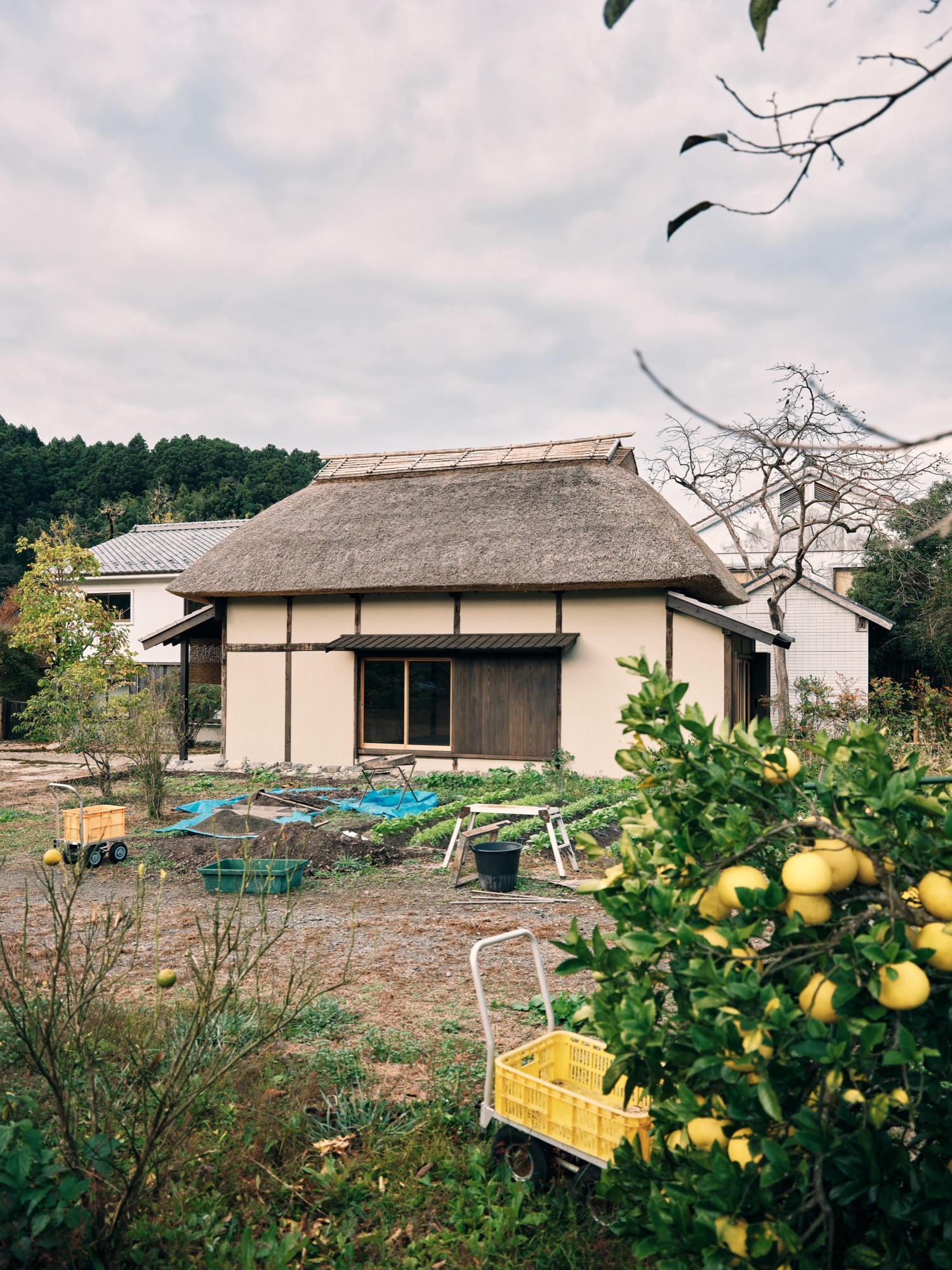
©
Kentaro Ito
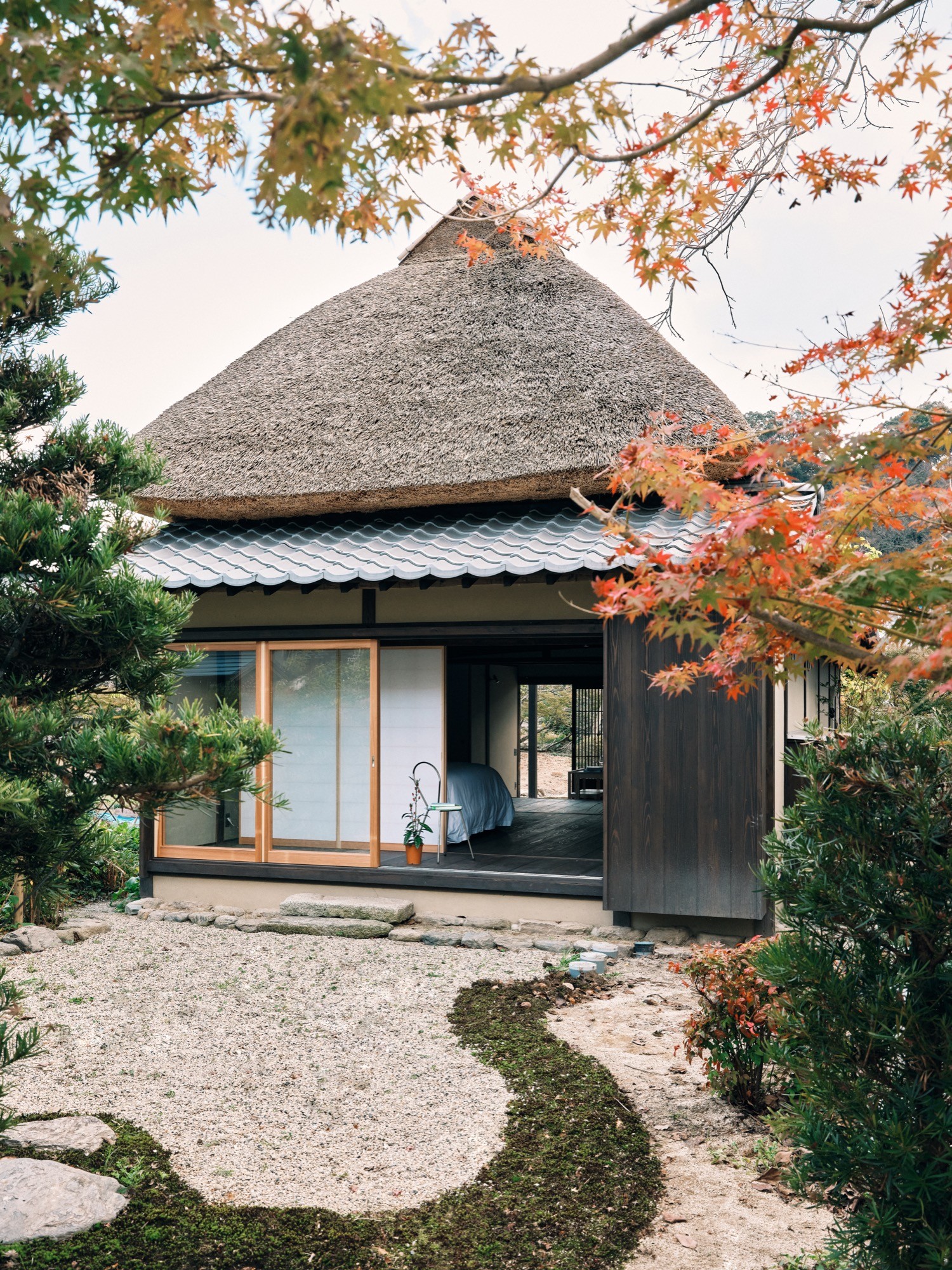
©
Kentaro Ito
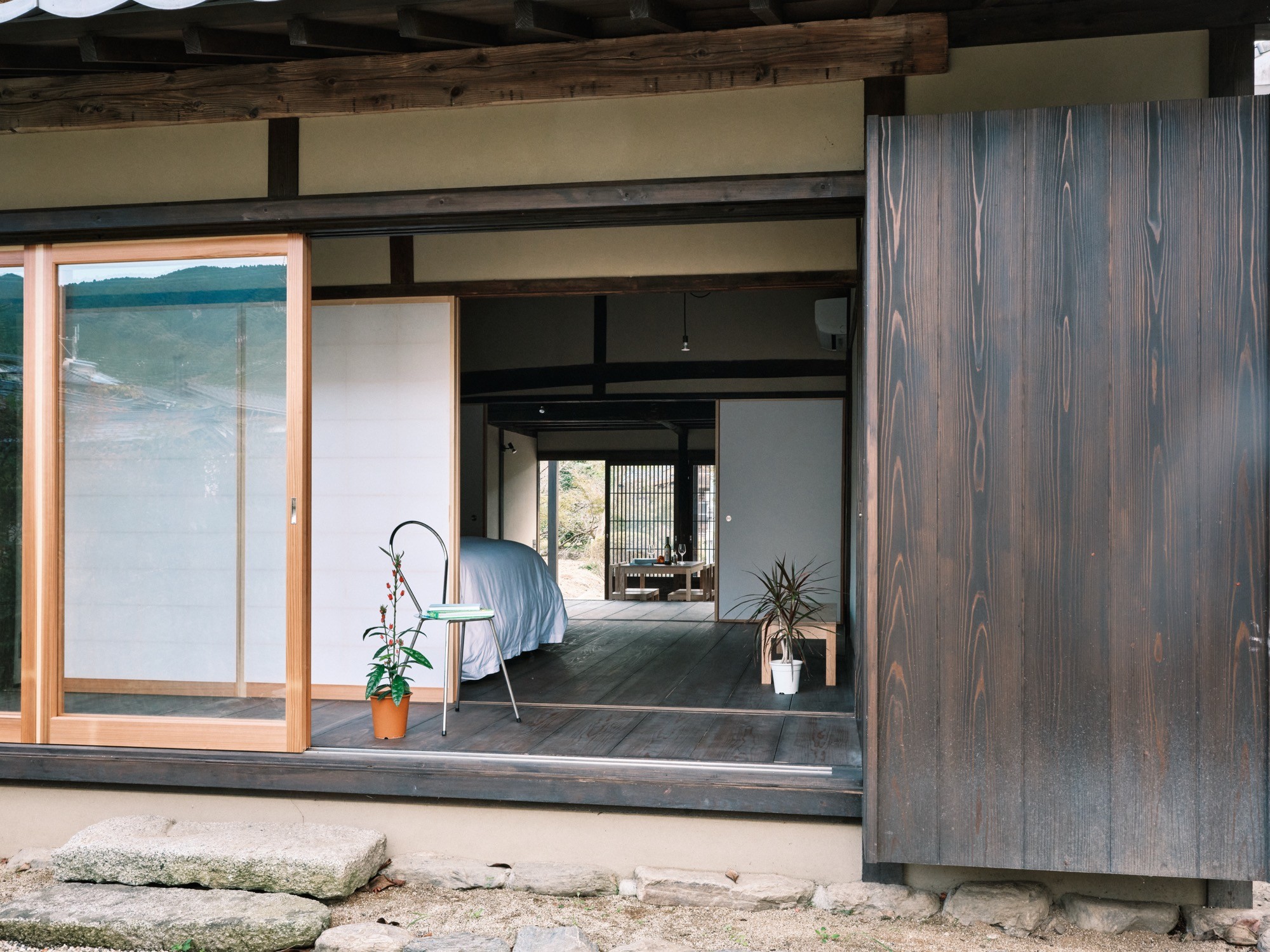
©
Kentaro Ito
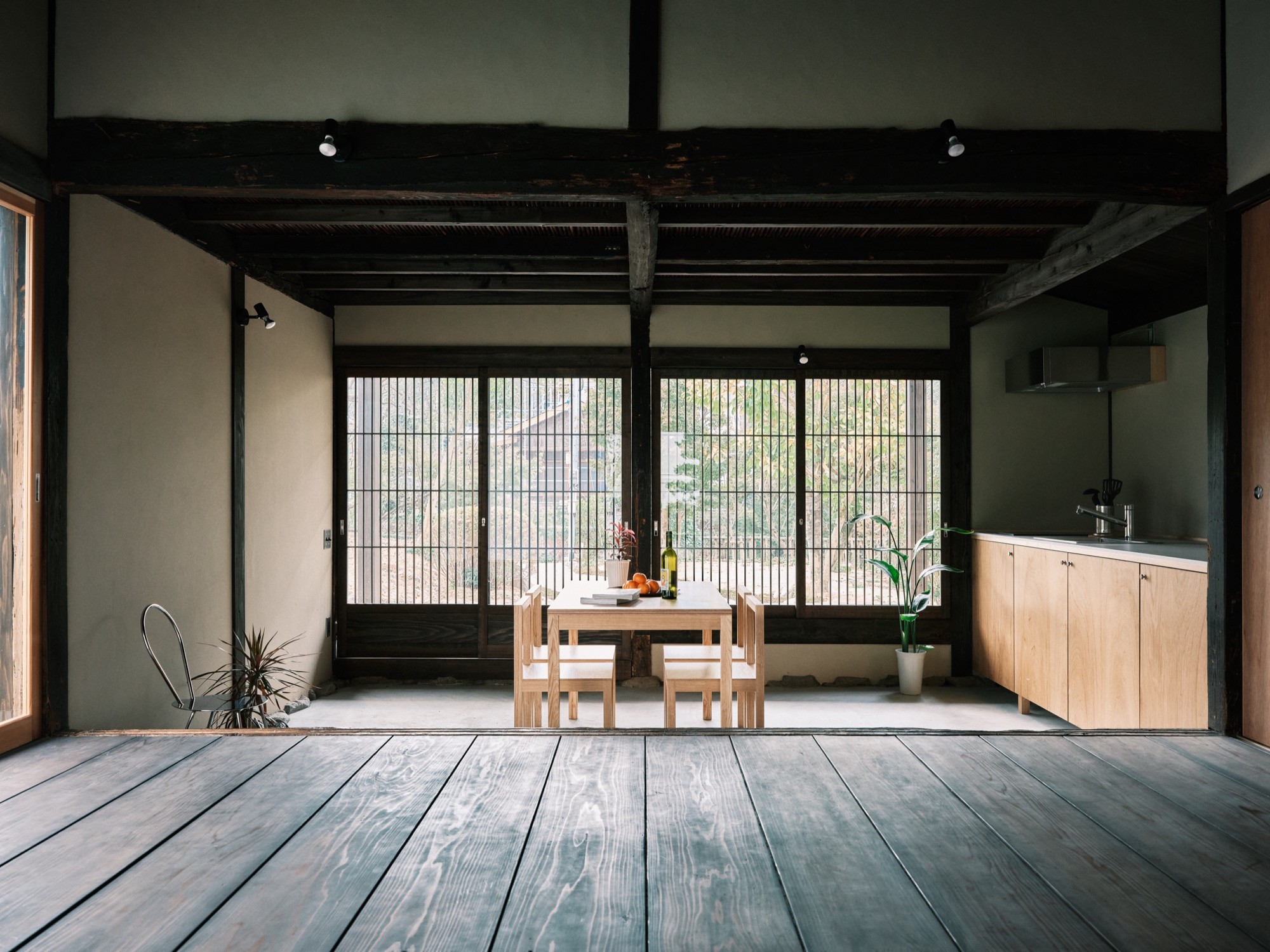
©
Kentaro Ito
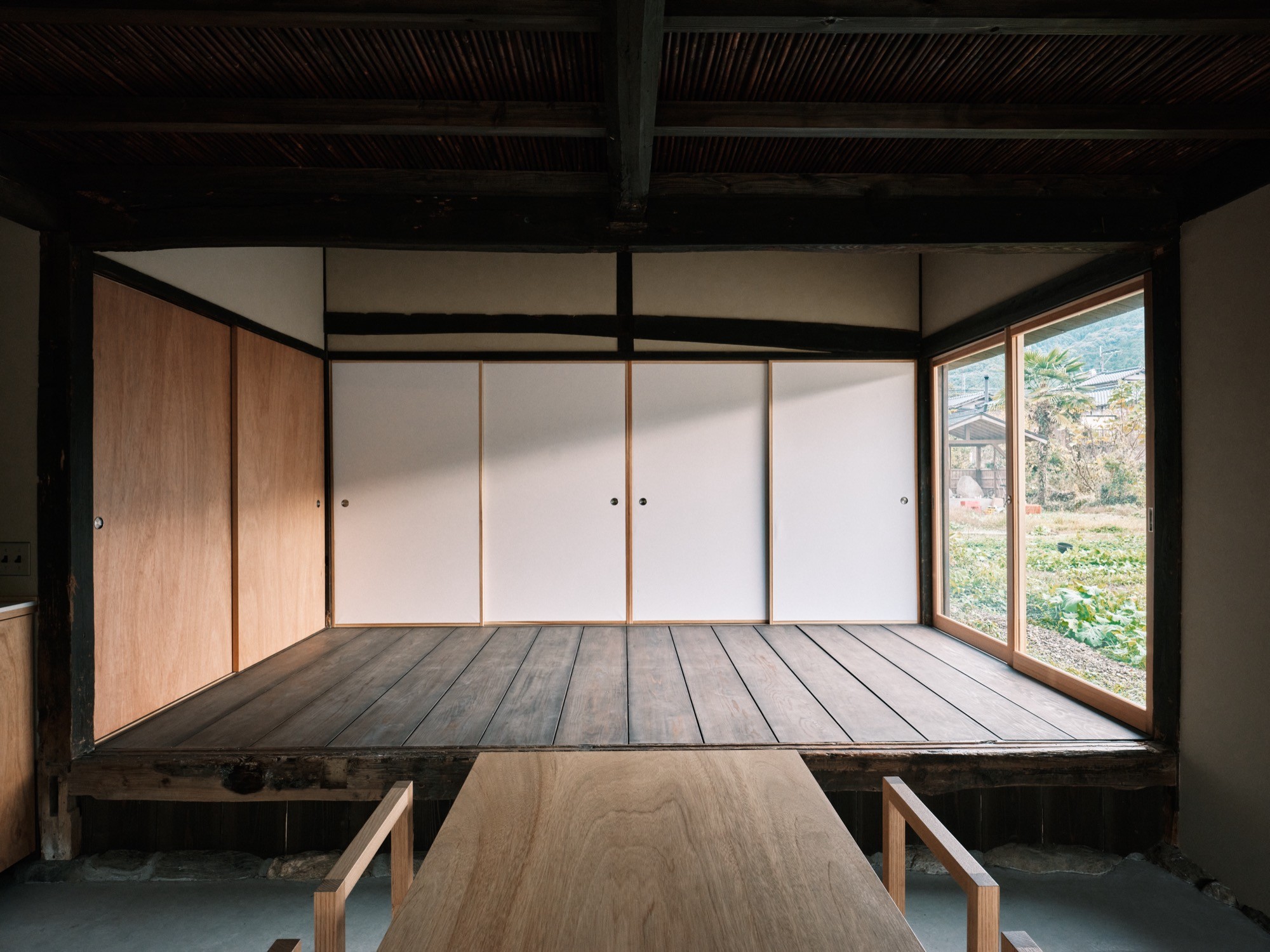
©
Kentaro Ito
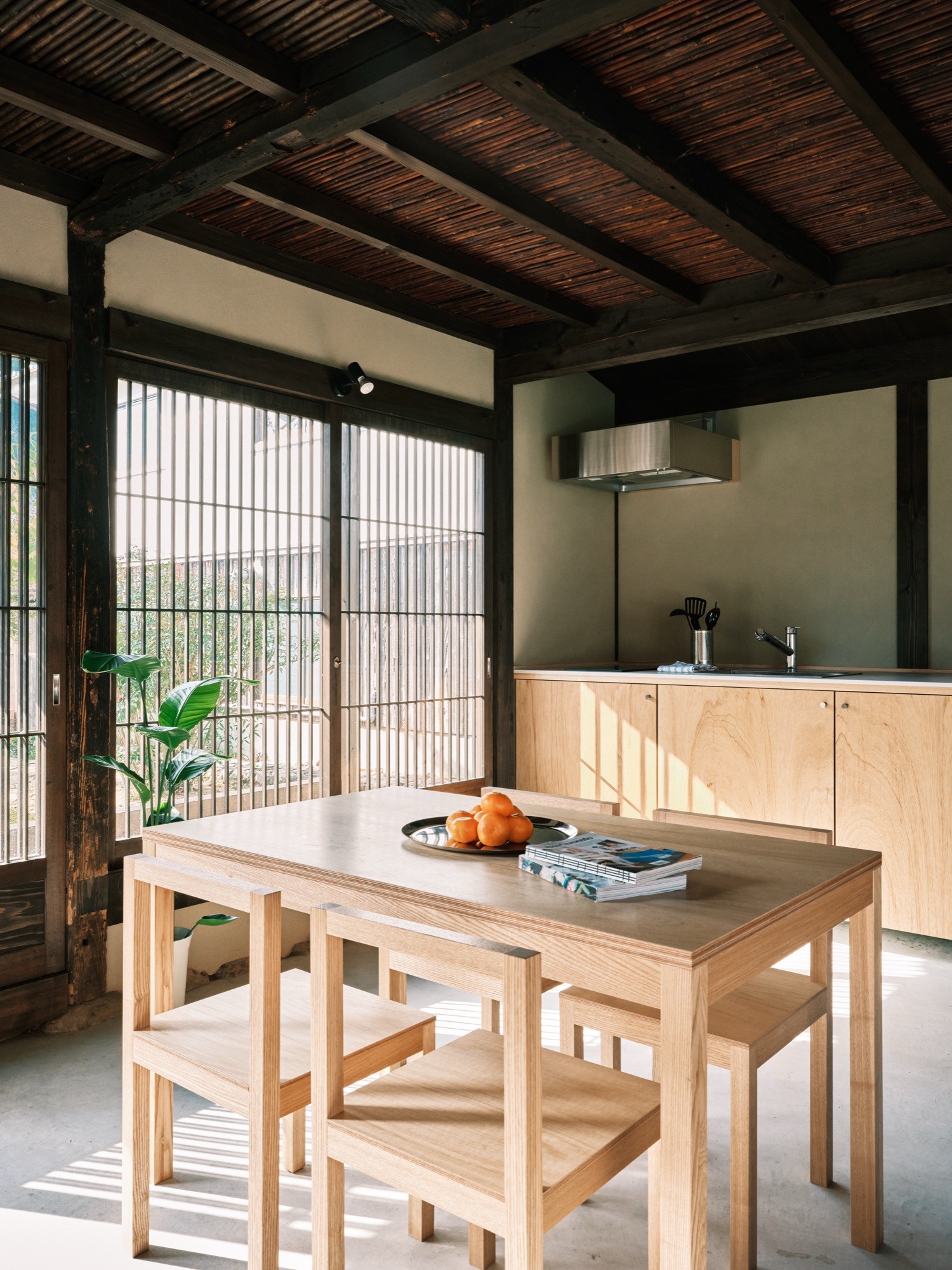
©
Kentaro Ito
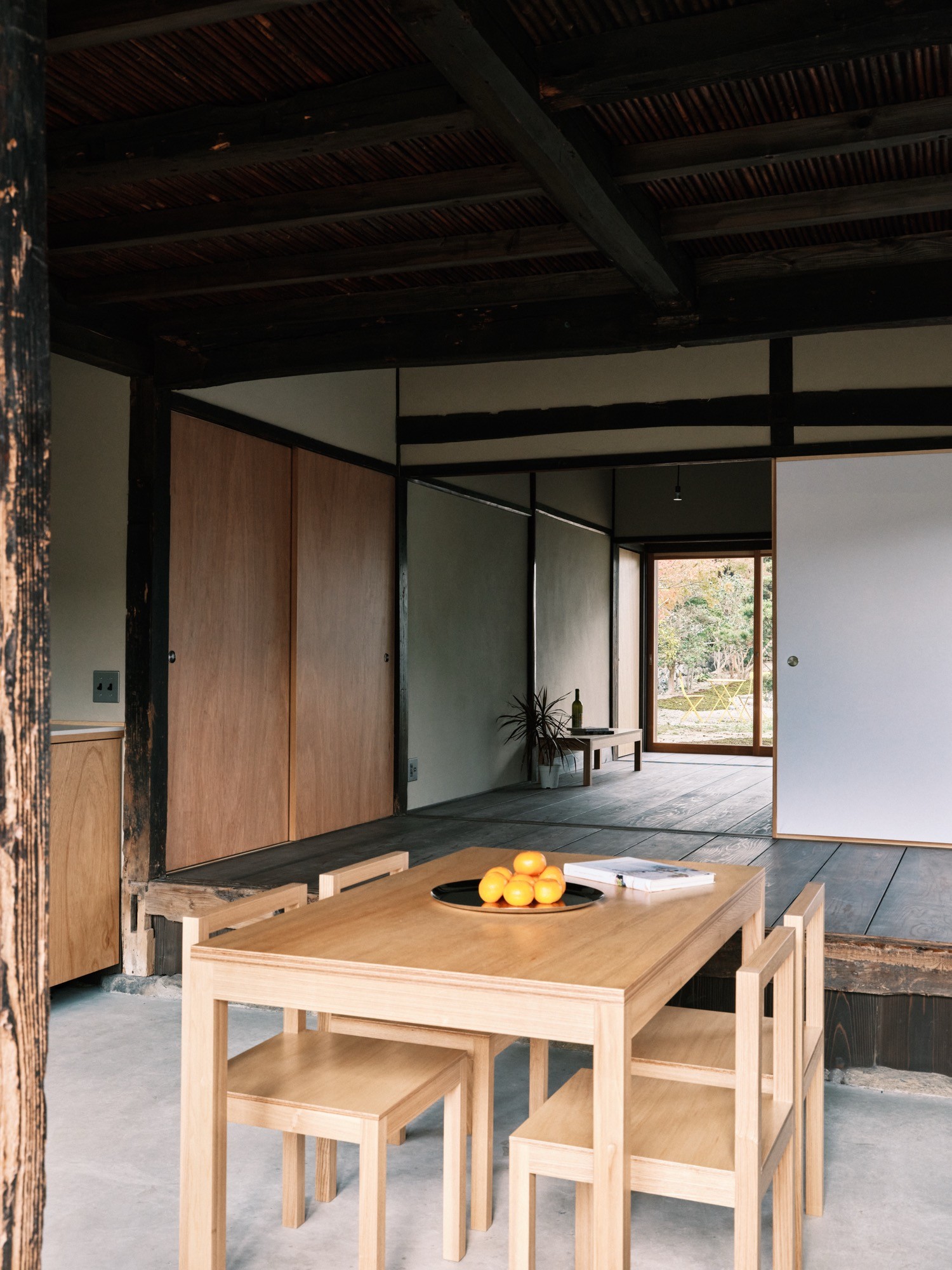
©
Kentaro Ito
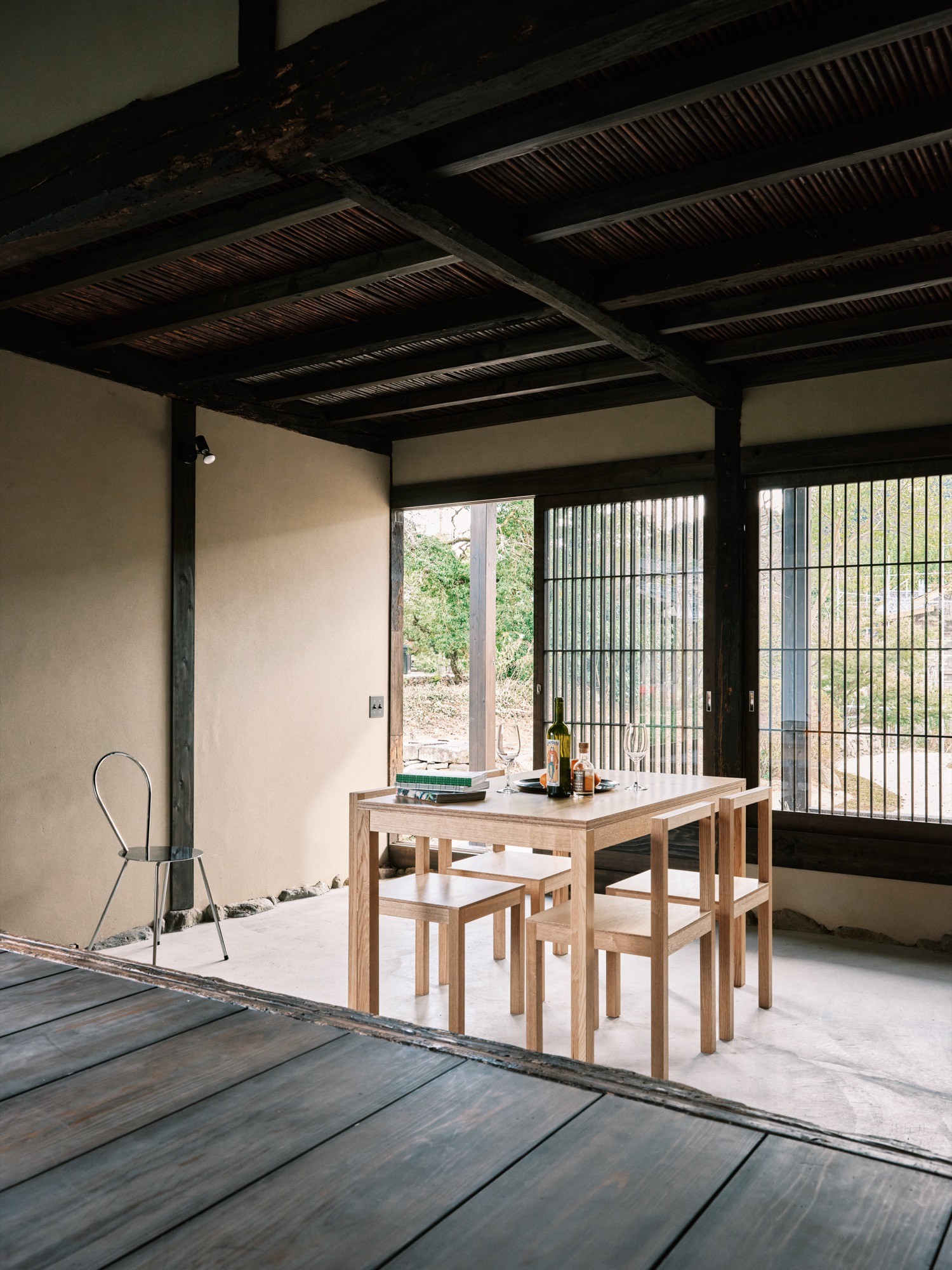
©
Kentaro Ito
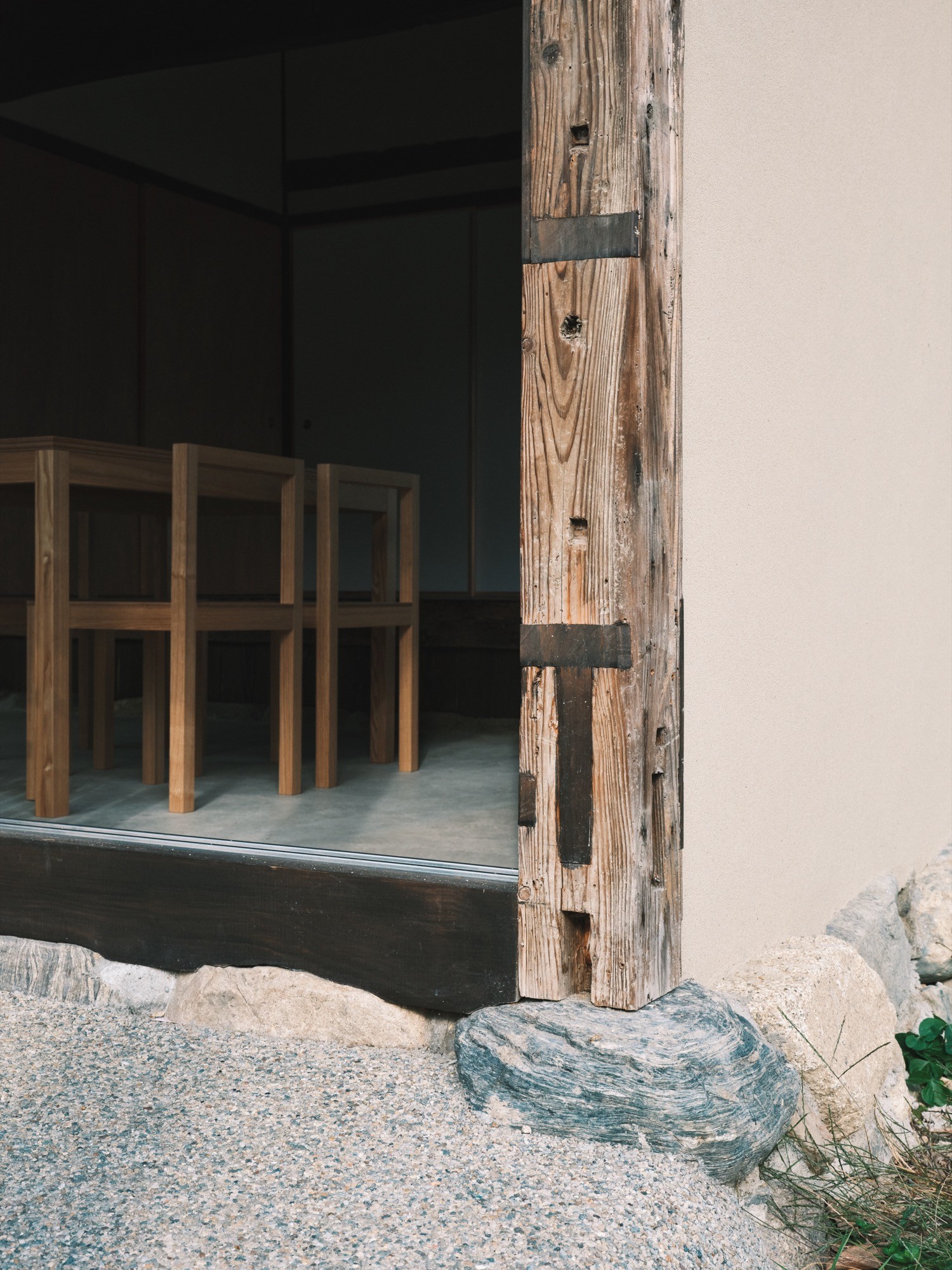
©
Kentaro Ito
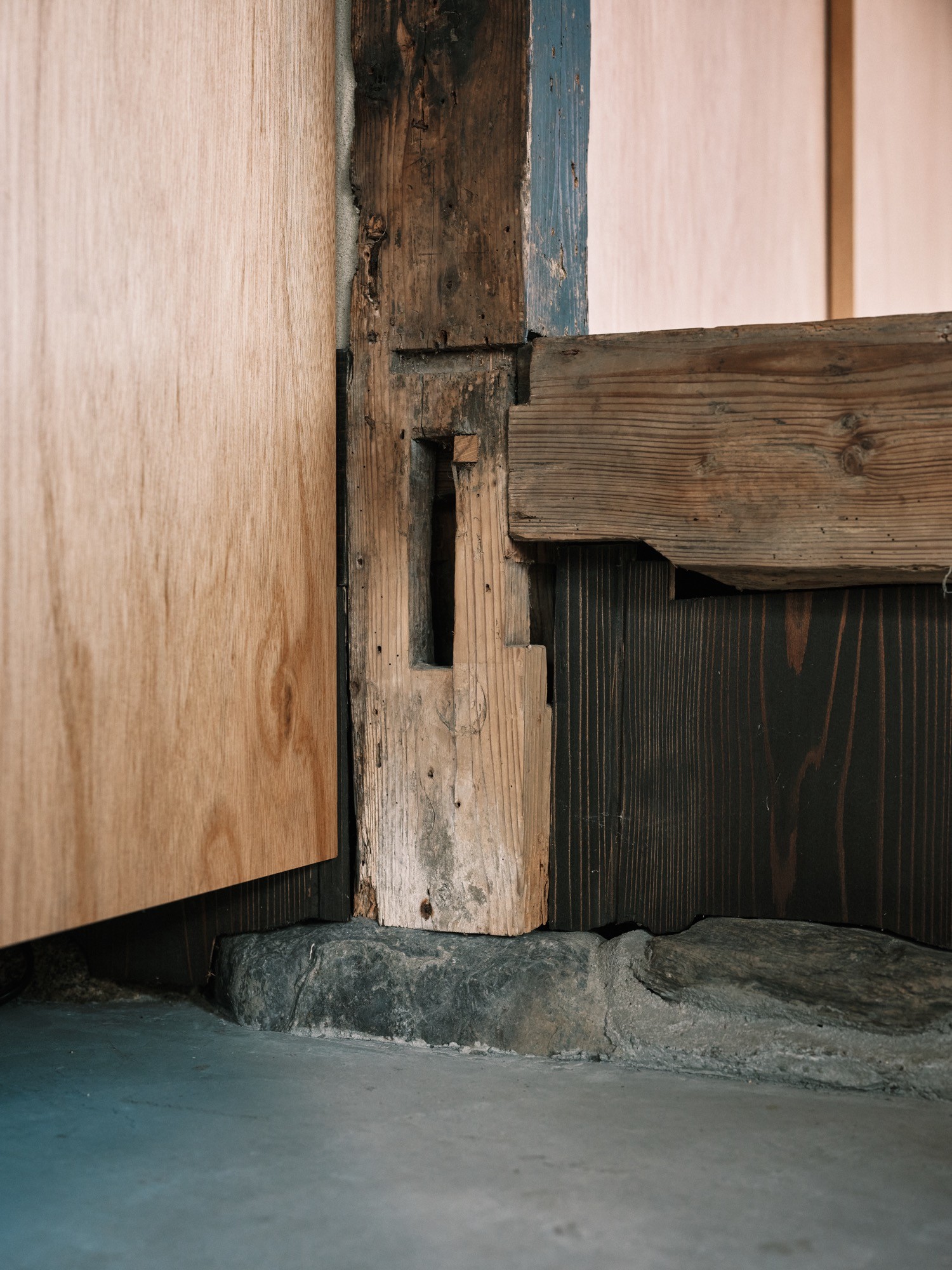
©
Kentaro Ito
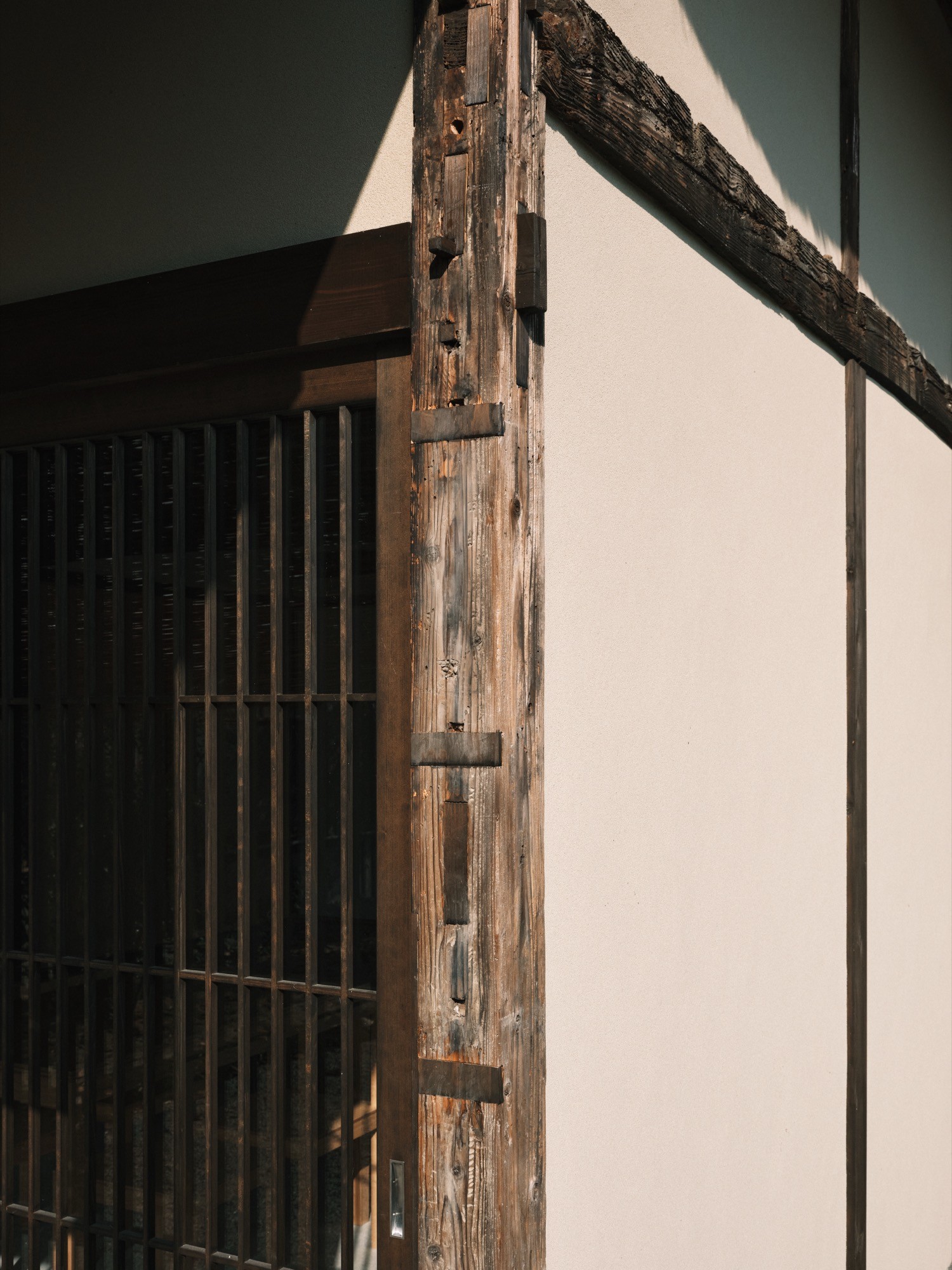
©
Kentaro Ito
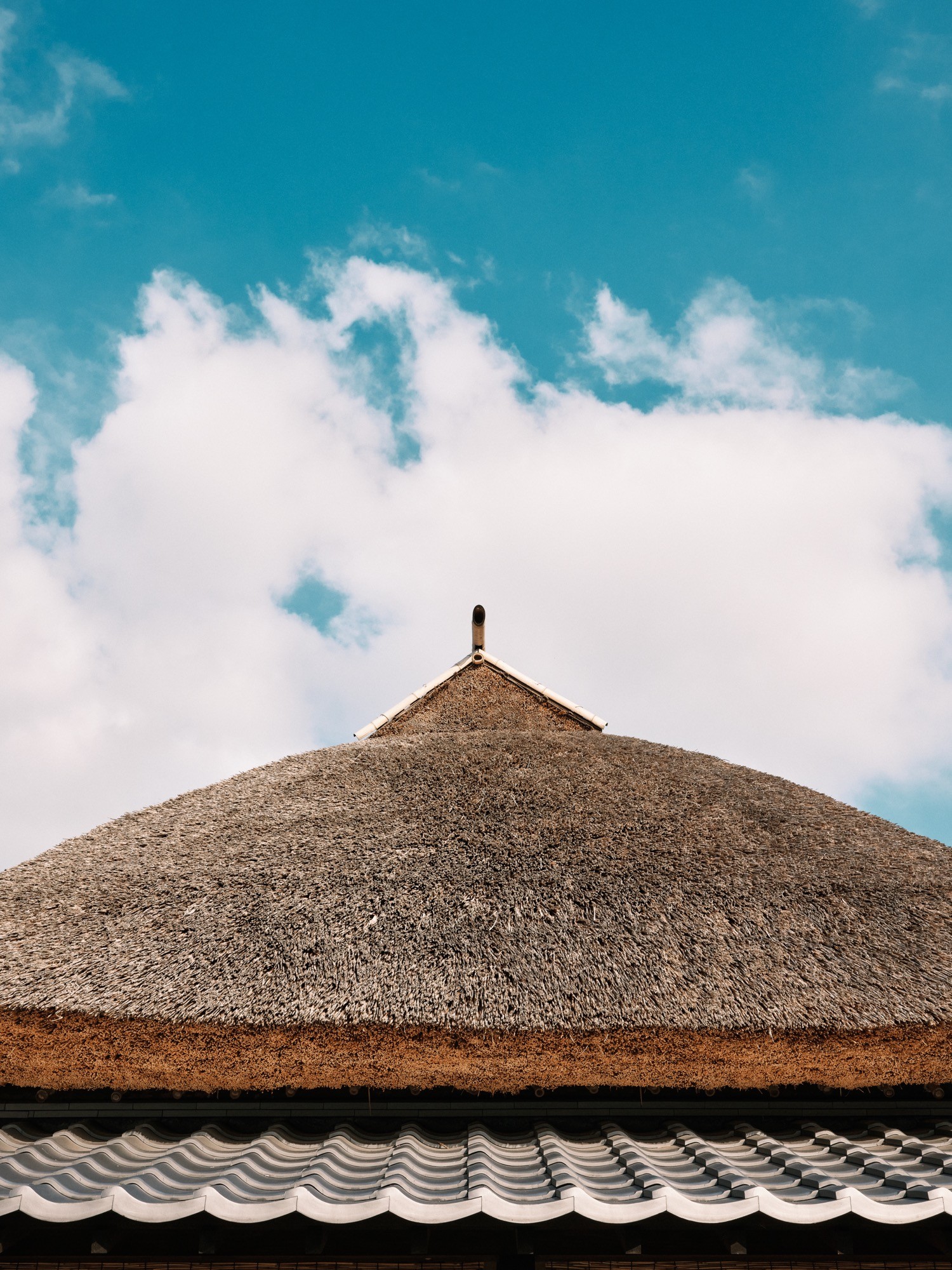
©
Kentaro Ito
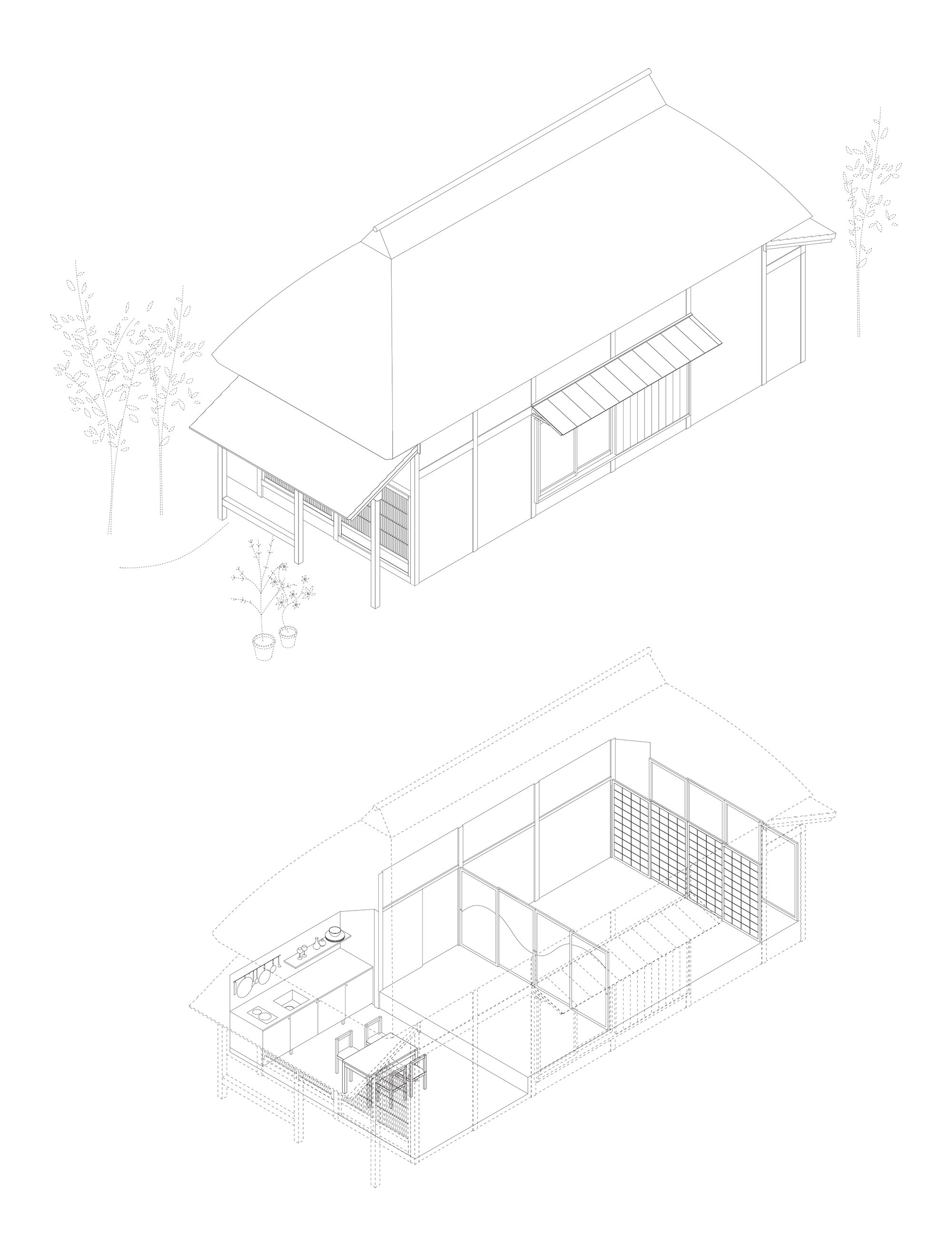
©
AKI ARCHITECTS
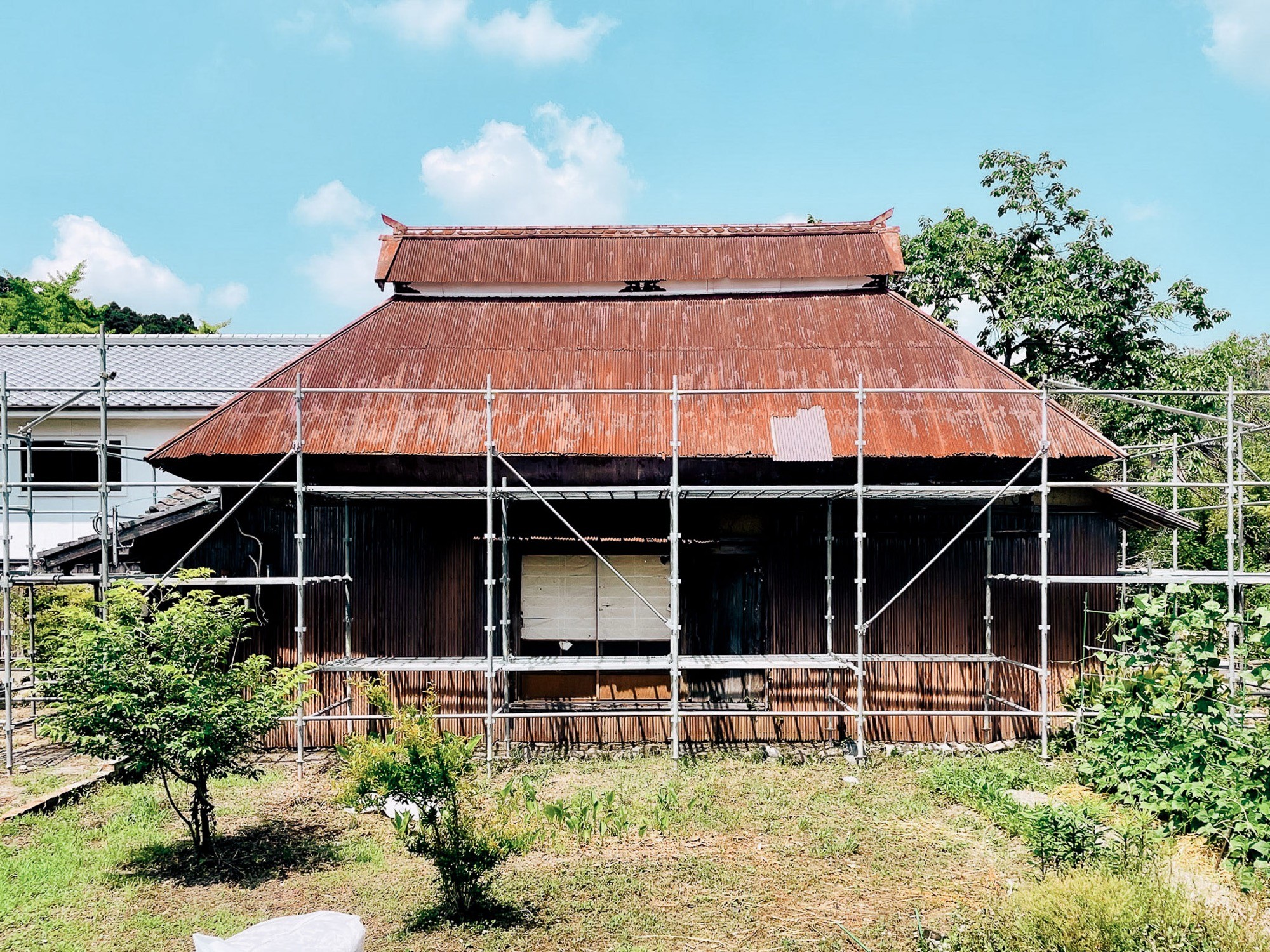
©
AKI ARCHITECTS
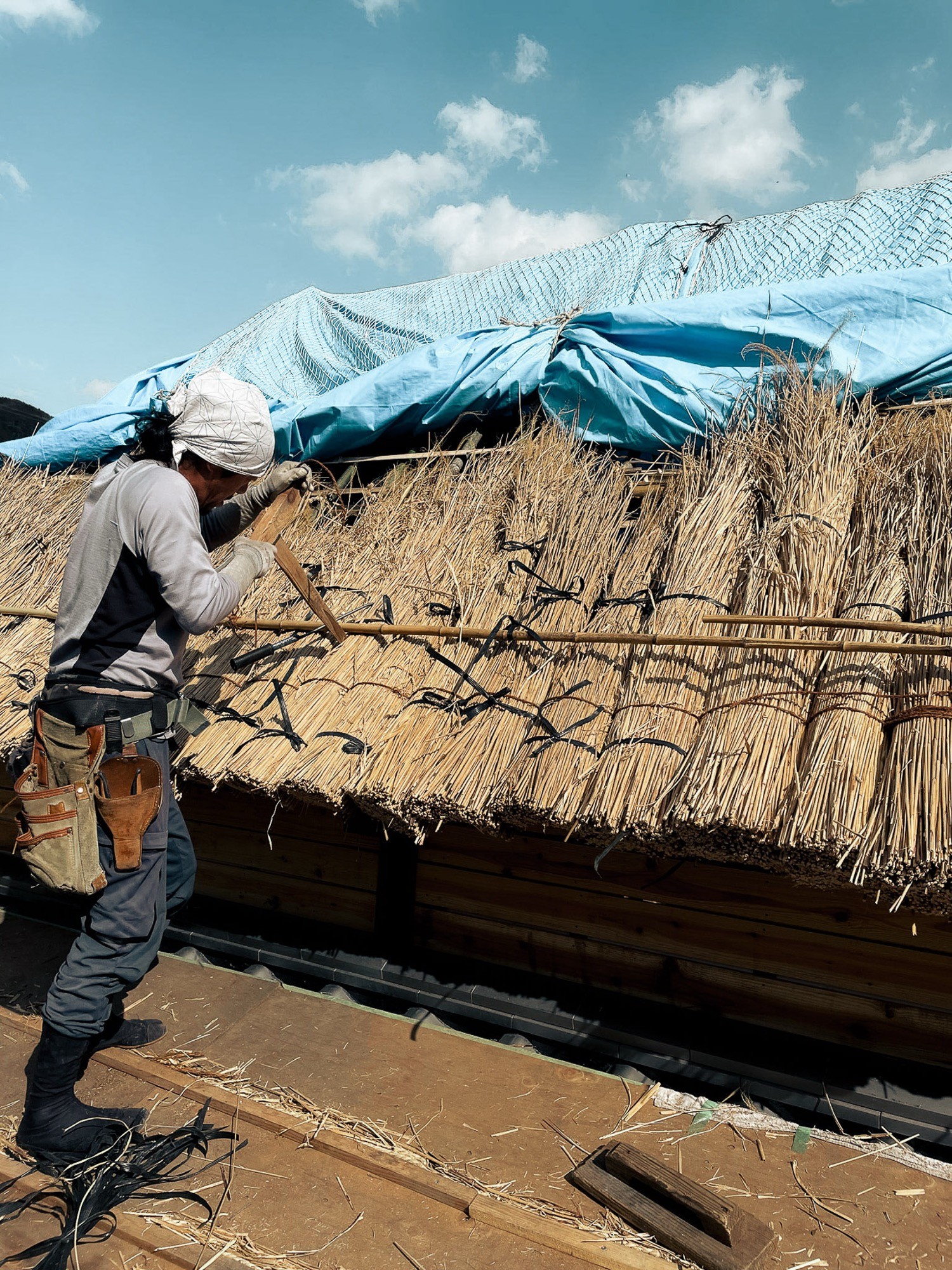
©
AKI ARCHITECTS
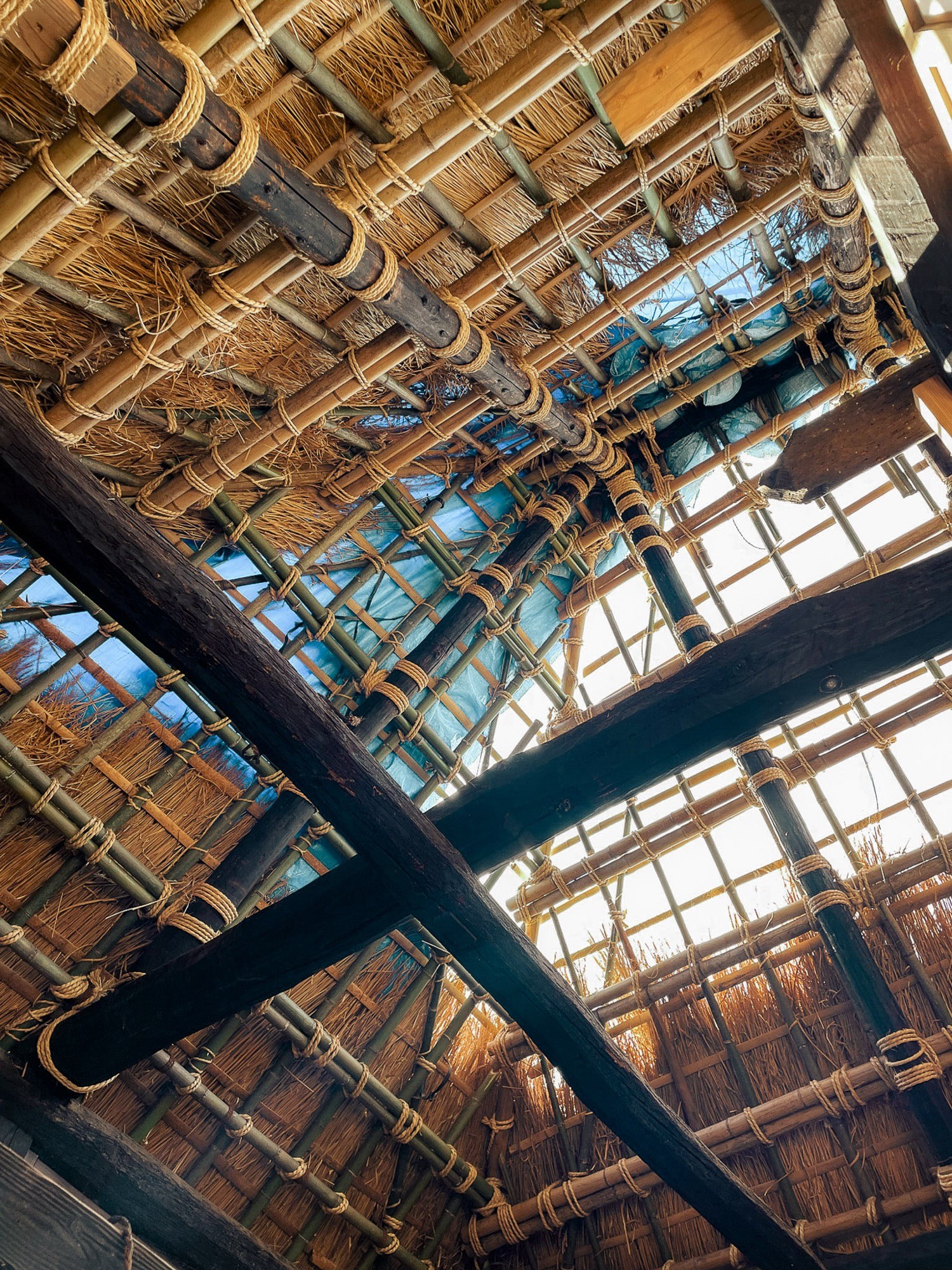
©
AKI ARCHITECTS
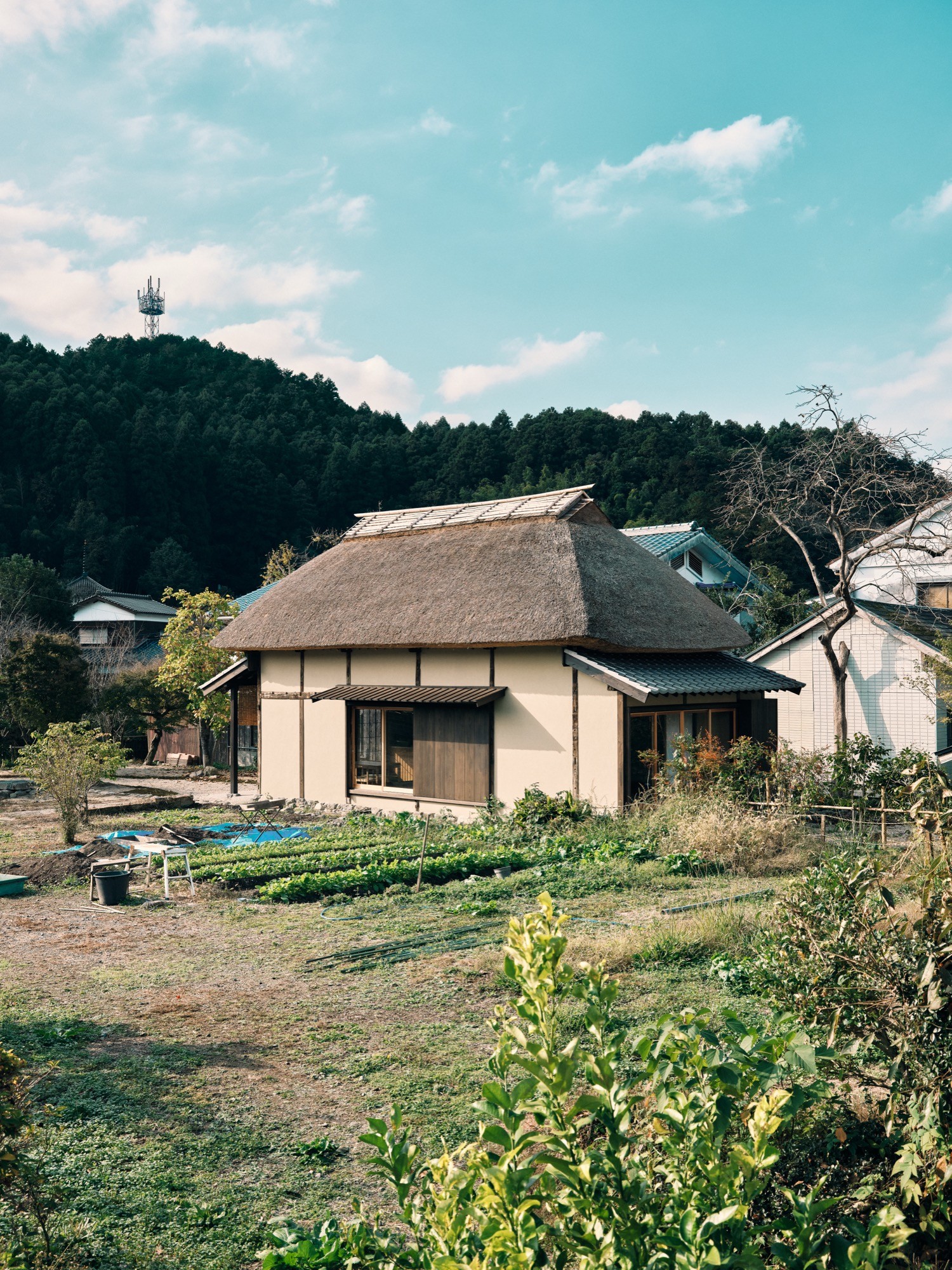
Comments
(0)